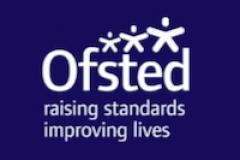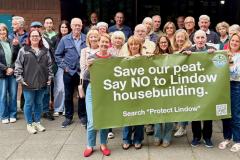
Cheshire East Council has set aside £2.4m to help the old and vulnerable with adaptations to their homes and reduce the long-term impact on the NHS and social services.
The council's cabinet agreed on Tuesday, 11th June, to pay up to £50,000 in disabled facilities grant and widened the scope of the grant to make it more flexible. It is hoped the new higher level of grant will be of particular help to families with severely disabled children, so that they can live at home with special adaptations, instead of having to go into care or have an expensive care package.
The council will introduce a new financial assistance policy – to come into effect from August – designed to make it easier for vulnerable people at risk or on benefits, to access funds for adaptations such as stairlifts, improved insulation and other essential repairs and improvements.
The new policy sets out a series of six grants and loans to help those who qualify stay warm, safe and secure in their homes.
The four key objectives are:
● Residents can afford to heat their homes and enjoy better health;
● Disabled people can live independently with confidence and dignity;
● Residents can be confident their home is safe and watertight and can live without fear of injury or ill health; and
● Residents can have the opportunity to live in a well-maintained home in the heart of our
communities.
Councillor Ainsley Arnold, cabinet member for housing and planning, said: "This policy will help our elderly and vulnerable residents get the repairs and improvements they need in order to be independent, safe and healthy in their own homes.
"In some circumstances it will also help pay for necessary adaptations to another property, such as a relative's, that they visit regularly.
"By introducing this, Cheshire East Council will exceed its statutory duties to elderly and vulnerable residents in the borough, reducing the long-term financial impact for our health and social services."
Under the previous policy, the council facilitated investment of almost £7m, improving the homes and lives of 1,450 vulnerable people. The policy has drawn in £2.1m in match funding and the Council says it has the potential to save £3.8m in health and social care spending.
Photo: Councillor Ainsley Arnold, cabinet member for housing and planning









